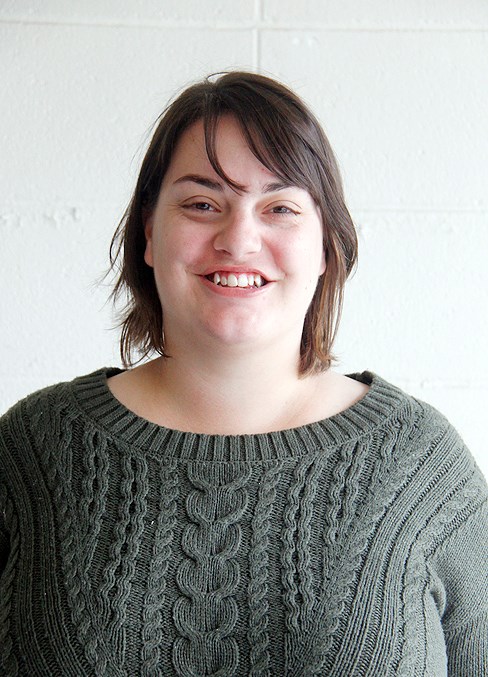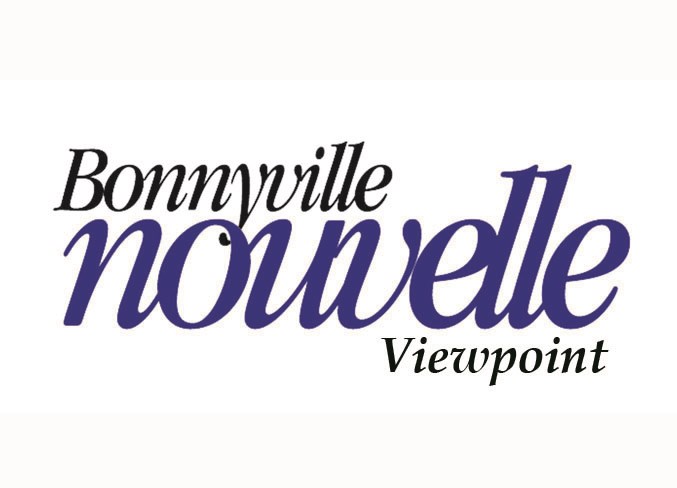I believe you.
It’s a simple phrase, but it can have a long lasting impression on someone.
With the Dragonfly Counselling and Support Centre’s Take Back the Night event coming up, it got me thinking about the importance of having conversations surrounding sexual violence and how education plays a big part.
When a survivor comes forward, which is one of the hardest decisions they can make, how the person they confide in reacts has a major impact on their journey.
 Robynne Henry The Henry Hype
Robynne Henry The Henry Hype
If they hear phrases like ‘are you sure you weren’t leading them on?’ or ‘what were you wearing?’ or ‘I know that person, that doesn’t sound like something they would do’ or, the worst, ‘you’re lying.’ These can be very damaging and might send them in a downward spiral that could take them years to recover from.
In these situations, people tend to be quick to respond because they feel pressured by the information they’ve just heard.
I always think of this when cases of celebrity domestic violence are announced, and you hear the perpetrator being quickly supported by fans.
Even though we’ve never met these people, we feel like we can defend their actions and know who’s the victim and who the wrongdoer is. When someone you know chooses you to share their experience, the most important thing you can do is simply listen, try not to form an opinion before they’re done talking, and let them know they’re in a safe place to share.
Once they’re finished, I think the first thing someone should say is ‘I believe you.’ It may not seem significant, but it could mean the world to the person who hears it. By saying that simple phrase, you validate them and let them know that they aren’t alone. For a victim of sexual violence, knowing that they’re supported is a powerful piece of knowledge to have and it could encourage them to reach out for help in the future.
Events like Take Back the Night, and all of the programming that the Dragonfly Centre offers, does what it can to break down the stigma surrounding sexual violence. It’s one of the ways to not only educate everyone on the different forms, but to prevent these situations from happening at all through education.
One of the most important parts of this issue, for me, is telling people the right and wrong ways to respond when someone confides in them. While it’s a very tough subject, that person is saying that they trust you and they’re starting their healing journey with you. All you have to say is ‘I believe you.’



